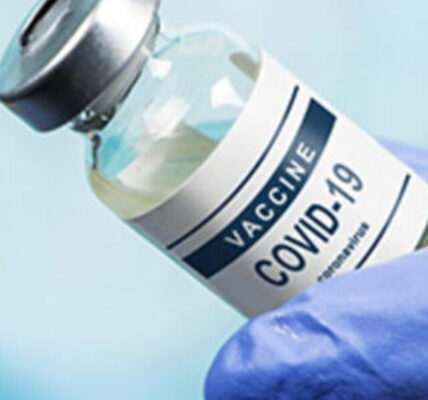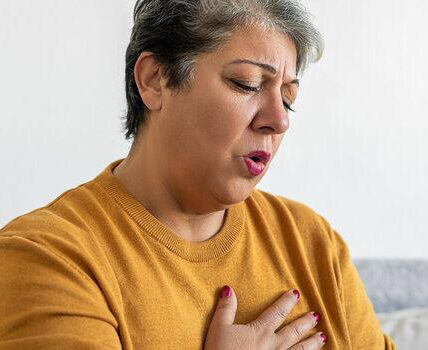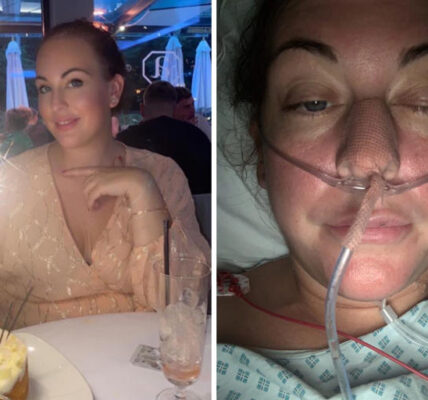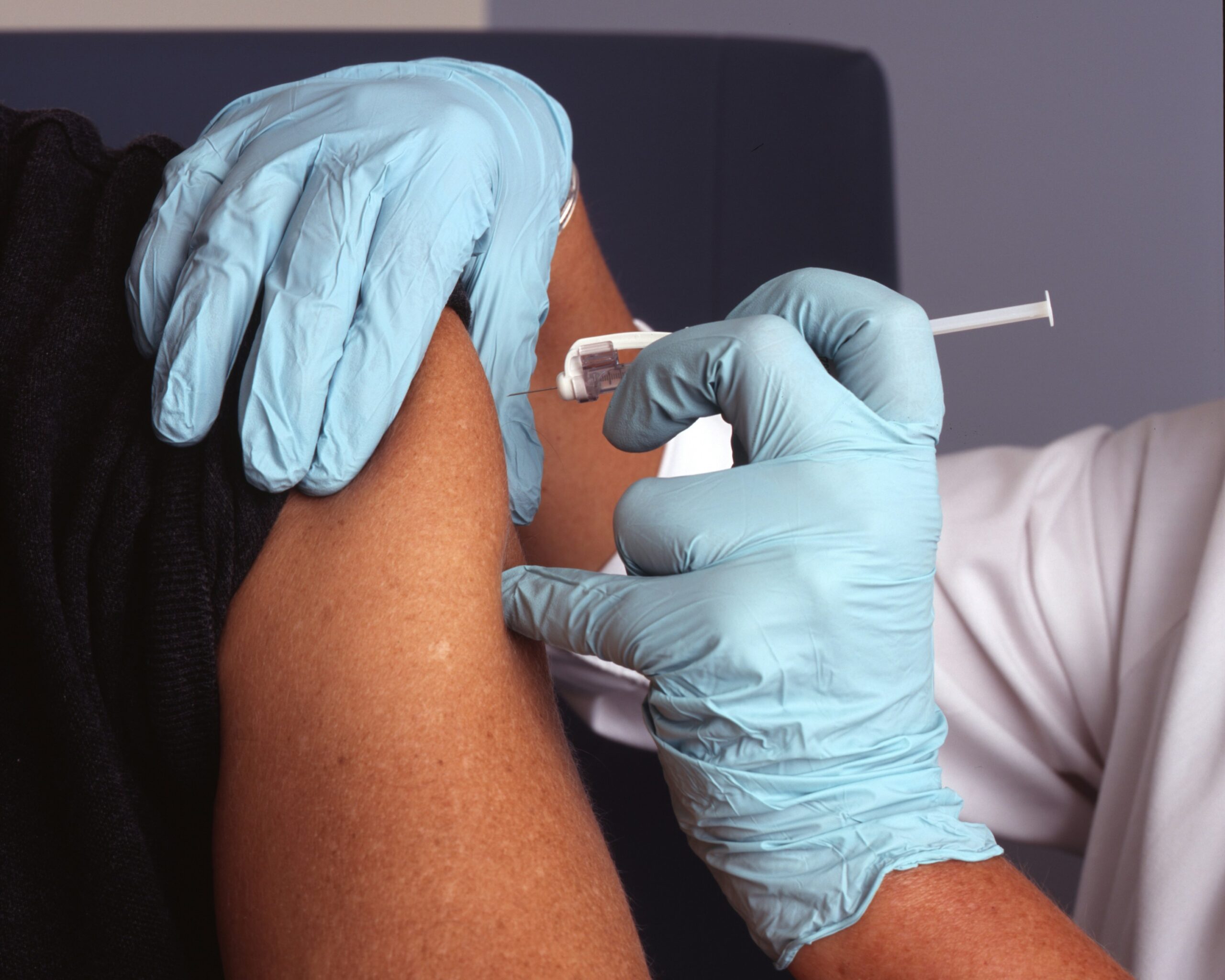Meningococcal Disease Travel Warning: 3 Deadly Risks You Must Know
Table of Contents
ToggleMeningococcal Disease Travel Warning
Meningococcal disease travel warning for UK travelers returning from Saudi Arabia. Learn about symptoms, vaccination, and preventive measures.

© Getty Images
Meningococcal Disease Travel Warning
The UK has issued a meningococcal disease travel warning after three people tested positive for this potentially deadly bacteria upon returning from Saudi Arabia. This disease is caused by meningococcal bacteria and can lead to serious illnesses like meningitis and septicaemia, both of which can be fatal if not treated quickly.
What is Invasive Meningococcal Disease (IMD)?Invasive meningococcal disease (IMD) is a severe infection that affects the nervous system and can result in meningitis or septicaemia. Meningitis is an inflammation of the membranes surrounding the brain and spinal cord, while septicaemia is a dangerous blood infection. Both conditions can progress rapidly and be life-threatening within hours.
Recent Cases and Travel Links
There have been twelve cases of IMD reported since April, linked to travel for the Umrah pilgrimage in Mecca, Saudi Arabia. This pilgrimage is a significant spiritual journey for Muslims, allowing them to pray and seek forgiveness in the holiest city for Muslims. Unlike the Hajj pilgrimage, which occurs at a specific time of year, Umrah can be performed at any time.
The European Centre for Disease Prevention and Control reports that of the recent IMD cases, two were from the UK, four from France, and five from the US. Ten of these individuals had been in Mecca, while two others had close contact with someone infected.
Vaccination Advisory
A critical part of the meningococcal disease travel warning is the advice to get vaccinated. Most of those infected had not received their vaccinations, underscoring the importance of immunization. If you are planning to travel to Hajj or Umrah zones this year, make sure to get vaccinated to protect yourself from this highly contagious disease.
Symptoms to Watch For
It is essential to be aware of the symptoms of meningococcal disease, which can appear suddenly and worsen quickly. Look out for:
- High temperature (over 37.5°C)
- Vomiting
- Severe headache
- Red, blotchy rash that doesn’t fade under pressure (use a glass to test)
- Stiff neck
- Sensitivity to bright lights
- Drowsiness or unresponsiveness
- Seizures (fits)
These symptoms can initially resemble the flu but escalate rapidly.
Understanding Meningococcal Strains
There are five main strains of meningococcal bacteria causing disease in the UK: MenA, MenB, MenC, MenW, and MenY. According to the charity Meningitis Now, MenB is the most common in the UK. Around 10% of the population carries meningococcal bacteria in their throats or noses without harm, but when infection occurs, the bacteria can overpower the immune system.

© Provided by The Independent
High-Risk Groups
Certain groups are at higher risk for meningococcal disease, including:
- Babies and young children
- Teenagers and young adults
It’s vital for individuals in these groups to be vigilant and seek immediate medical care if symptoms appear.
Preventive Measures
Here are some steps you can take to protect yourself against meningococcal disease:
- Get Vaccinated: Ensure you are vaccinated, especially if traveling to high-risk areas like Hajj or Umrah zones.
- Stay Informed: Keep up with health advisories and warnings related to meningococcal disease.
- Recognize Symptoms: Be aware of the symptoms and seek prompt medical attention if they arise.
- Maintain Good Hygiene: Regular handwashing and avoiding close contact with sick individuals can help prevent the spread of bacteria.
The Importance of Vaccination
The meningococcal disease travel warning highlights the importance of vaccination. Vaccines are highly effective at preventing infection and controlling the spread of disease. Make sure your vaccinations are up to date, especially if you plan to travel to regions where the disease is prevalent.
What to Do if You Suspect Meningococcal Disease
If you suspect that you or someone else may have meningococcal disease, act quickly. The disease can progress rapidly, so timely medical intervention is crucial. Here’s what to do:
- Seek Immediate Medical Attention: Go to the nearest hospital or contact emergency services.
- Inform Medical Staff: Let them know about recent travel history and potential exposure to meningococcal bacteria.
- Follow Medical Advice: Adhere to the treatment plan and take all prescribed medications.
Conclusion
The meningococcal disease travel warning is a critical reminder for travelers to stay vigilant and take preventive measures. By getting vaccinated, recognizing symptoms, and seeking prompt medical care, you can protect yourself and others from this potentially deadly disease. Stay informed and take action to ensure your health and safety during your travels.
ALSO READ:
FLiRT Covid Variant: 3 Shocking Ways It Could Outsmart Vaccines



